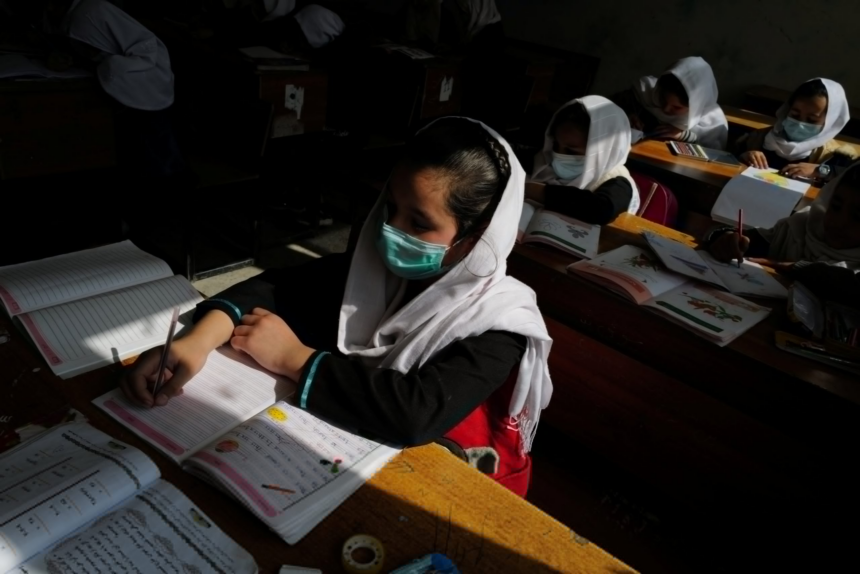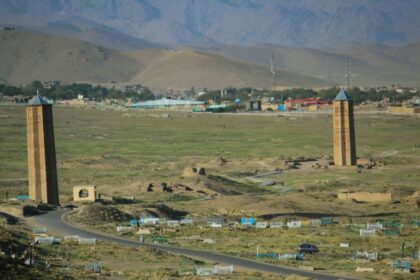RASC News Agency: In yet another devastating blow to Afghanistan’s collapsing education system, the Taliban has forcibly shut down over 200 community-based educational classes in Panjshir province an act that has deprived more than 5,305 children, both girls and boys, of their fundamental right to education. According to local sources, the now-defunct classrooms had been established across various districts in Panjshir over recent years, offering early-grade instruction mostly up to third and fourth grade to children in remote and underserved communities. These informal but vital learning centers were often the only accessible alternative to the increasingly militarized and ideologically driven schooling system now being pushed by the Taliban.
The closures have also left over 200 teachers and approximately 25 administrative staff unemployed, further eroding livelihoods in a region already grappling with economic hardship and political marginalization. Educators in the region describe the move as not only destructive but also emblematic of a broader campaign by the Taliban to extinguish independent, community-driven models of education especially those aimed at supporting girls and young learners. “This is not a policy decision it is a calculated assault on knowledge, literacy, and community empowerment,” said a former education official in Panjshir, who spoke under condition of anonymity due to fear of Taliban reprisals. “The Taliban fears an educated population because it cannot coexist with critical thinking or freedom of thought.”
The move in Panjshir mirrors similar crackdowns elsewhere in Taliban-controlled Afghanistan. Just days prior, Taliban authorities in the southeastern province of Paktia ordered the closure of 267 community-based classrooms. Eyewitnesses report that equipment and supplies from the shuttered classrooms were seized and repurposed for Taliban-aligned Madrassas, which promote a narrow and extremist interpretation of religion while excluding girls and discouraging secular learning altogether. Despite Taliban claims that they are “reforming” the education system, their actions tell a different story one of systemic exclusion, particularly targeting girls, ethnic minorities, and regions historically resistant to Taliban rule. Community-based education programs, which had previously been lauded by international partners for expanding access to schooling in marginalized areas, are now being dismantled with alarming speed.
Analysts argue that this deliberate destruction of grassroots educational efforts is part of a broader ideological project: to reshape Afghanistani society into one governed by fear, religious dogma, and gender apartheid. The closures not only erase critical educational opportunities for children but also undermine years of progress made by civil society, international donors, and local educators under the previous republic. “Panjshir is merely the latest casualty in a war the Taliban has declared on learning itself,” said a Kabul-based education rights advocate. “They are not building an education system they are weaponizing it.”
The consequences of this campaign are far-reaching. Without urgent international intervention, a generation of Afghanistan’s children particularly girls could grow up devoid of even the most basic literacy, condemned to a future of dependence, repression, and poverty. Calls are now mounting for global education and human rights organizations to respond with urgency. Rights groups are urging the international community not only to condemn these actions but to find alternative mechanisms to support underground and community-based education initiatives that are now being pushed into the shadows. As Afghanistan spirals deeper into an era of state-sanctioned ignorance, the closures in Panjshir serve as a grim reminder: under Taliban rule, education is not a right it is a threat.






